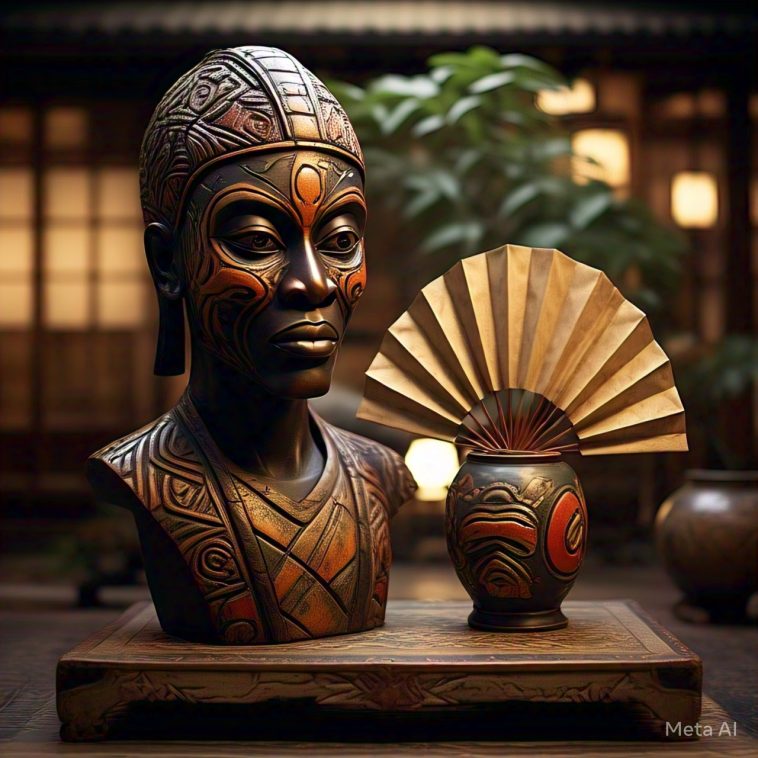Japan is remembered by its Asian neighbors as a tyrannical force, wreaking havoc and instilling fear wherever it set foot. During the colonization of Korea from 1910 to 1945, Koreans experienced severe cultural and economic suppression. Japan forced Koreans to adopt Japanese names, speak the language, and endure oppressive working conditions in factories. The court cases involving “comfort women”—a term referring to Korean women forced into sexual slavery by Japanese troops—persisted until November 2023, when the High Court in Seoul ruled in favor of the plaintiffs. Between February and March 1945, the “Manila Massacre” claimed over 100,000 Filipino civilian lives at the hands of Japanese troops.
Following Japan’s defeat in World War II, the nation descended into poverty, hunger, and desperation. Heart-wrenching images of the aftermath of the Hiroshima and Nagasaki bombings reveal the extent of the devastation. At this point, one might have believed Japan had no hope of recovery. However, under American occupation, Japan underwent extensive economic, and social reforms, laying the groundwork for a self-sustaining economy. Ironically, the Korean War in the 1950s created a market for Japanese goods, kickstarting the export-oriented economy that we know today.
Japan is now renowned for its technology (electronics, automobiles), cuisine (sushi, sashimi), and pop culture (anime, manga, video games). The rise of anime can be attributed to several factors, including the TV production boom in the 1970s, which facilitated the broadcast of foreign content. The unique storytelling style rooted in Japanese culture, along with lovable characters—like Dragon Ball Z’s Son Goku—captivated audiences worldwide. Japan became the largest manufacturer of video game consoles, introducing iconic titles such as Super Mario, Pac-Man, and Street Fighter. Many of these games have since been adapted into films. From the 1980s to the present, the popularity of Japanese pop culture has surged, particularly with the advent of the internet in the 2000s and streaming services like Netflix, which allow viewers to enjoy these shows in their preferred languages. Most recently, the drama “FX Shogun” has made waves in Hollywood, winning numerous awards despite being entirely in Japanese.
Today, if you ask the younger generation in South Korea or the Philippines what they think of Japan, many will cite the aspects they admire about the country. In contrast, many older individuals still harbor resentment towards Japan for the atrocities committed during its occupation. This generational divide illustrates the influence of “soft power” and the critical role of storytelling in reshaping narratives. Within Japan, anime serves as a form of edutainment—combining education and entertainment—similar to traditional African storytelling methods.
Africa, too, possesses a wealth of stories that can be told through various mediums, including plays, movies, cartoons, and books. Embracing storytelling as an industry can create employment opportunities for youth while instilling pride in their heritage. The exportation of these cultural products offers a viable revenue stream. In 2023, anime generated about $2.4 billion in revenue. In comparison, “Black Panther,” a Hollywood production based on a fictitious African kingdom, earned $1.3 billion in 2018 and $859 million in 2022. This illustrates that there is a ready market for African stories, and we are responsible for changing the global perception of Africa while capitalizing on this opportunity.
The African narrative has been overshadowed by negativity for too long, despite significant advancements in technology and culture since the 1960s, when many countries were fighting for independence. Africans must take intentional steps to change this narrative through authentic storytelling. Personally, the story of Omukama Kabalega of Bunyoro and his abarusura has always fascinated me; I believe a film adaptation could captivate audiences worldwide, much like the story of Shaka Zulu has done over the years. Such a film would not only showcase the rich cultural heritage of Bunyoro Kingdom but also restore pride in Africa, illustrating our resilience in breaking free from colonial chains.
Imagine if each African country retold its original tales. The world would begin to see us differently—as a people proud of their culture, capable of contributing to global discourse, and ready to take charge of our destinies. In this spirit, I encourage you to consider: which stories from your childhood—both true and imagined—do you believe could be transformed into a book, cartoon, or movie?
This post was created with our nice and easy submission form. Create your post!






